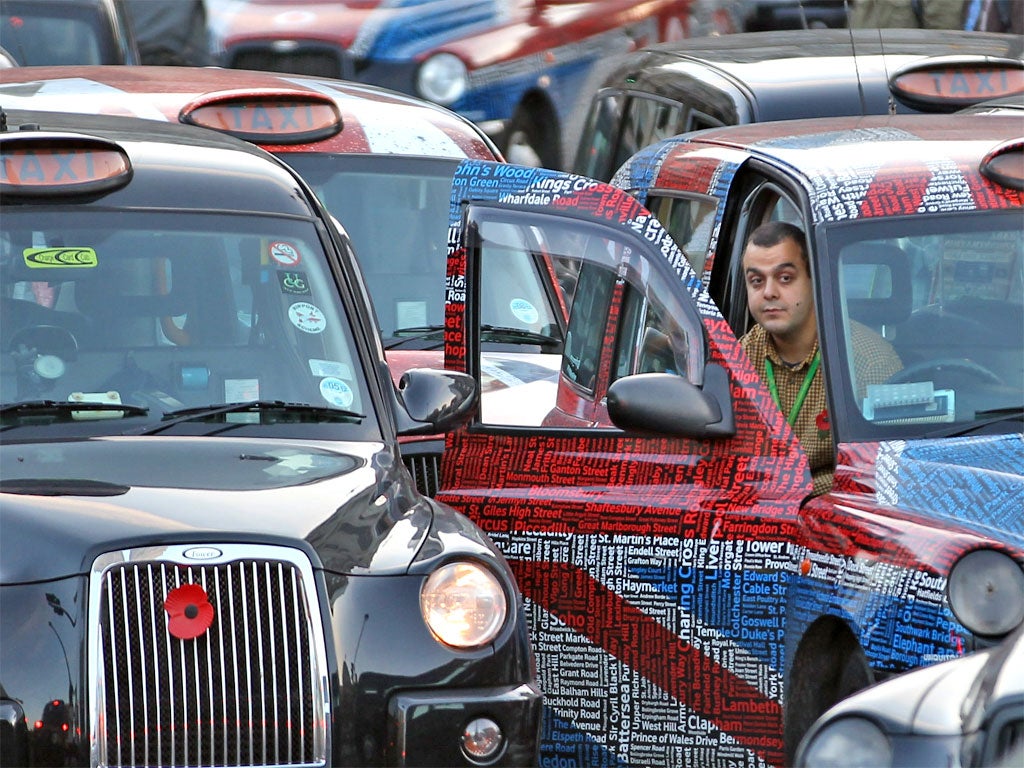Protesters face a robust police response if they get in the way

Olympic protests have a long history. In 1908, when Britain first hosted the Games, Irish athletes boycotted them due to the refusal of the government to grant Ireland independence. The 1968 Mexico event produced one of the most potent images of the civil rights movement, when US runners Tommy Smith and John Carlos gave black power salutes on the podium.
This summer in London promises to be a magnet for protest groups eager to promote a cause when the attention of the world's media is focused on the capital. From Morris dancers to militant fathers, Arab Spring activists to environmentalists, the action outside the Olympic stadium will be as colourful and diverse as the endeavours within.
London is keen to avoid the kind of international ridicule heaped on China when, at Beijing in 2008, no one turned up to protest at the three parks where demonstrators were authorised to gather during the Games, having obtained permits from local police. Authorities claimed the reason no protests were held was that all grievances had been settled before the Olympics.
But UK police have already been given increased powers to enter houses and seize posters. The media success of the Occupy London encampment outside St Paul's and Occupy Wall Street in New York has made ministers consider even more draconian measures. It is understood the authorities will have the power to create exclusion zones around key locations such as the Olympic stadium and to fast-track the removal of makeshift camps.
Join our commenting forum
Join thought-provoking conversations, follow other Independent readers and see their replies
Comments
Bookmark popover
Removed from bookmarks